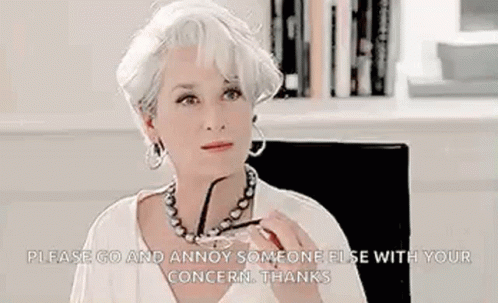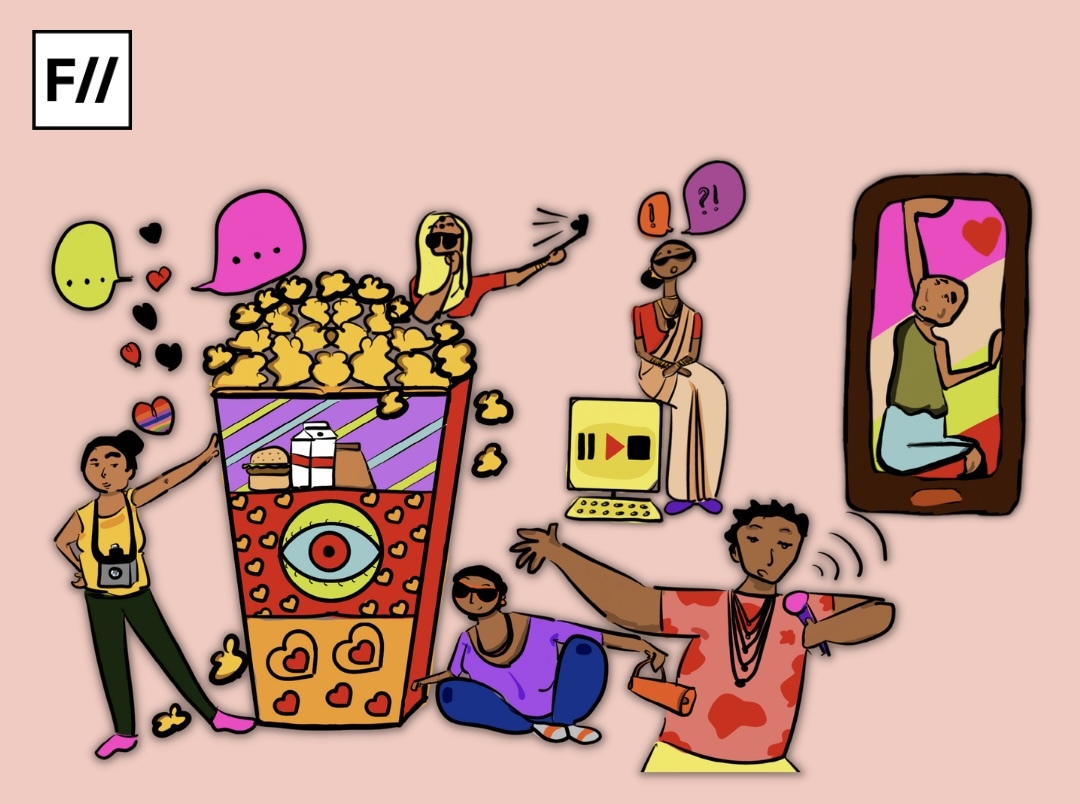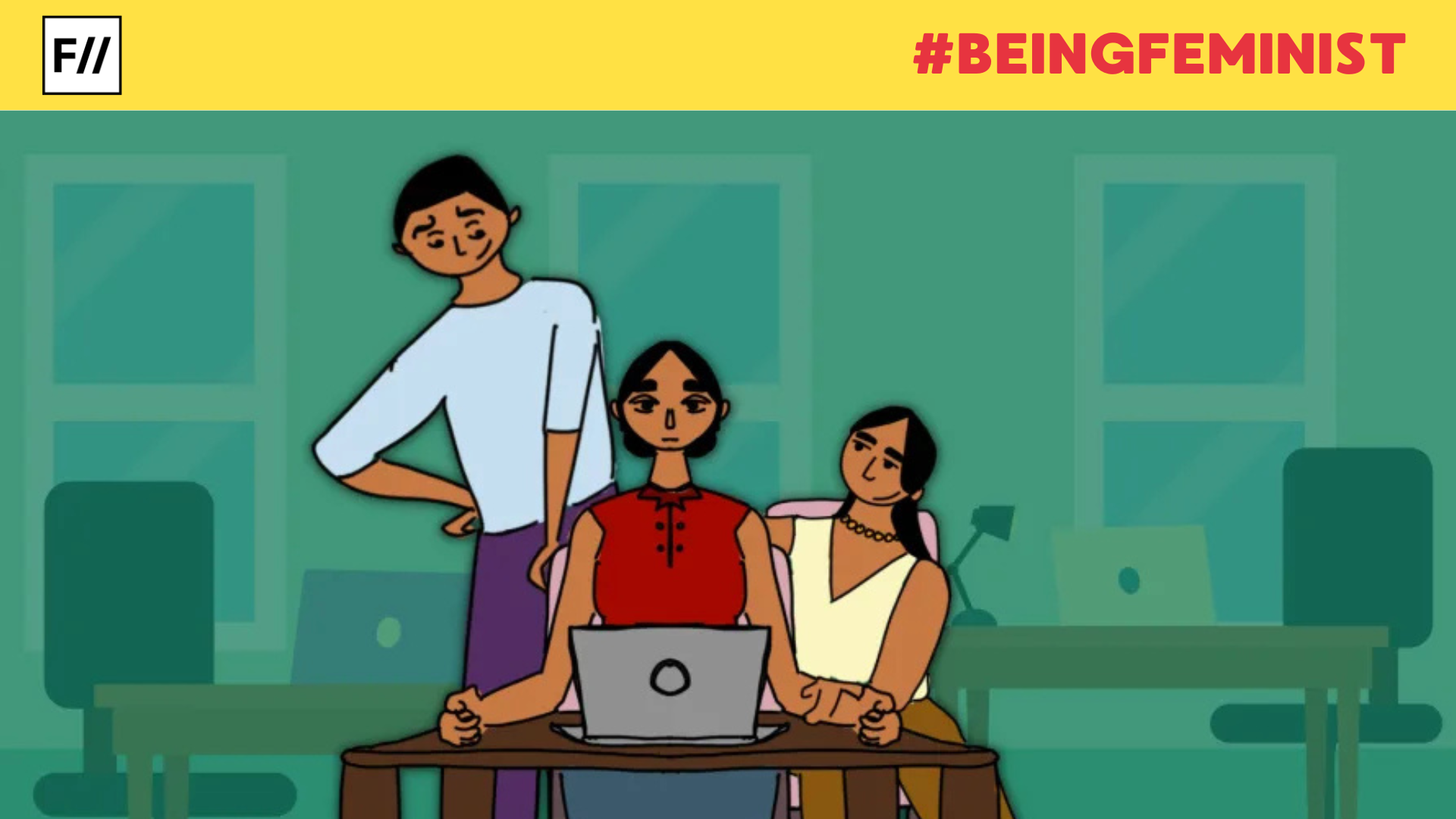From coffee mugs to keychains, t-shirts to tote bags, “girlboss” is a term we are all familiar with. We are often spoon-fed the term in the form of “compliments” or asked to take inspiration from others who are stereotyped under the term. But what does it really entail? And is there any actual benefit behind its elevation? With the gradual decline of the glory of the girlboss stereotype, we take a look at why it is essentially problematic.
Origins
The origins of the term girlboss can be traced back to Sophie Amoruso’s 2014 memoir, “#Girlboss”. The founder of Nasty Gal, a clothing company, Amoruso largely used the term to indicate those who had challenged the glass ceiling at the workplace, like herself. Using the concept as a metaphor for her own success story, Amoruso argued that women should take over the power structures rather than emphasising on the dismantling of the male-dominant power dynamics in the workplace. Instead of restructuring the systemic bias, she advocated for women to climb the ranks to claim authority in place of men.
Also read: “Hustle Hard Girl!”— Does Productivity Only Entail The Big Capitalist Dream?
Subsequently emerged the stereotype of the girlboss: a “power” woman who usually is at a top position at some corporate enterprise and dons pantsuits on a regular basis. She is a go-getter and stops at no hindrances, among other characteristics.
Subsequently emerged the stereotype of the girlboss: a “power” woman who usually is at a top position at some corporate enterprise and dons pantsuits on a regular basis. She is a go-getter and stops at no hindrances, among other characteristics.

Capitalising the “Girlboss”
The popularity of the term is largely contributed to the numerous pin badges, t-shirts and other merchandise stamped with “Girlboss” in a range of colourful fonts and designs. On social media, it is a popular hashtag. This is inadvertently feeding into all the corporations using the term.
Young girls are especially sold the idea, through attractive merchandising, to believe that there is a certain standard to aspire to, without which they can and will be considered as failures. The suited power lady can be a dream ideal, but might also be selling you a stereotype through merchandise.
Moreover, the aim of the girlboss, especially in popular media portrayals is often associated with financial stability and mostly, financial affluence. This makes a certain classism apparent in the stereotype and the ideals it perpetuates. Success is equated with financial gain and even a certain harshness and mercilessness to have the ideal financial status.
How Justified is the Term
Almost everyone is familiar with the term by now and even more of them use it, but what does it exactly entail and to what extent is it actually justified using it anyway? Vicky Spratt calls the term a “sexist Trojan horse”, and rightly so. She points out that while the term seems to carve a space for women in a world too crowded with men, in reality, it might just be creating a greater divide. Why does the term “boss” need to be gendered only when it comes to female workers? If it was in fact championing the equality that it pretends to do, there would be no need for a different term to alienate the actions of women, but rather a more sustainable effort would be made towards actual change and inclusion.
And the problem extends to so-called girlbosses themselves. Ruthlessness, cutthroat competition, and to an extent, even inconsideration has come to be associated with the stereotype. This makes the workplace or any social environment, even with a girlboss, an extremely toxic one. It creates a divide between the ruthless girlboss and anyone who does not match up to that standard. It also associates a certain coldness in attitude to these women who are put on a pedestal and separated from others. These characteristics should not be idealised and it is doubtful if they would do any good to any cause.
Moreover, the girlboss is also often synonymous to the toxic hustle culture. You have to go get it at every moment and whoever slows down at it, is a failure. Moreover, there are several other discriminations that are often masked through this practice – is it truly inclusive? Is it free of racial discrimination? In fact, Amoruso herself was accused of racial discrimination, of perpetuating abusive management and “questionable labor practices.” If the structures created by these girlbosses ultimately creates problematic power standards to strive for, how different are they from the heteropatriarchal cages they aspire to dismantle?
Also read: Bollywood & The Girlbossification Of The Sex Worker

Moreover, the girlboss is also often synonymous to the toxic hustle culture. You have to go get it at every moment and whoever slows down at it, is a failure. Moreover, there are several other discriminations that are often masked through this practice – is it truly inclusive? Is it free of racial discrimination? In fact, Amoruso herself was accused of racial discrimination, of perpetuating abusive management and “questionable labor practices.”
While more female leadership and representation is indeed required, it is important to examine stereotypes of any kind, so that they do not come at a cost and to look out to whether it is not just toxic ideas perpetuated through a front. While it might seemingly be helping the feminist movement, it can, in essence, be encouraging personal gains rather than helping the larger cause.
About the author(s)
Sudarshana Ganguly is currently pursuing a Bachelors in English from Jadavpur University. When she’s not procrastinating or falling victim to impulse retail therapy, she can be found learning new languages, fangirling over her favourite kpop acts and daydreaming about herself as a future magazine editor. She is passionate about fashion, especially about how it can be made more sustainable and inclusive.






Interesting article, but even though it led me to re-evaluate a couple of my assumptions, the term in itself I feel is not inherently toxic, but like a tool which has to be used appropriately.
Obviously there’s the underlying idea of “pulling up by the bootstraps” which ignores systemic problems, but that’s only if #girlboss is taken to be the primary means of tackling gender discrimination, rather than as one strategy among many others. In the latter case, it can serve as an inspirational role model for women aspiring to make their mark. I was somehow instantly reminded of the lead female officer in the web series Delhi Crime as an example of this archetype. “Girlbosses” like these can help as a cultural example of the various ways women can think of themselves rather than just in the traditional boundaries of gender roles.
Sorry if this seems all over the place, as I was just thinking out loud in response to this article.